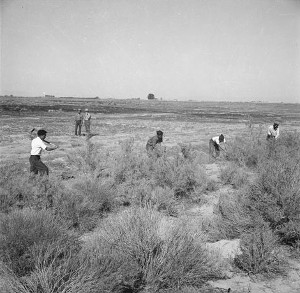What comes first: religion or adverse social conditions?
I’ve heard it said a few times that there’s a correlation between religious societies in the modern West and social ills like crime and poverty. If we wanted to be really picky, the study that purported to show this (a study that has seen its fair share of criticism) actually showed that where the religious exist alongside the non-religious and where religion is construed in a particular way (a type of conservative religious outlook that included the rejection of evolutionary science), social ills were more prevalent. I’ve commented briefly on this before (See “Does Religious Faith make People More Moral?”).
When the alleged correlation was first brought to my attention in a radio discussion in 2010, I didn’t think much of it. There were probably a few ways the analysis could go. One possibility, I suggested, was that social ills like poverty could actually contribute to the religiosity of the people affected. But for some reason, every time I have heard the study referred to, it has only been in a context where somebody was trying to show that religion is bad for you.
As it turns out, while the ideologues were at it, so were researchers. “People living in hardship are more likely to believe in moralising, high gods, according to a major new study co-authored by New Zealand researchers.”

